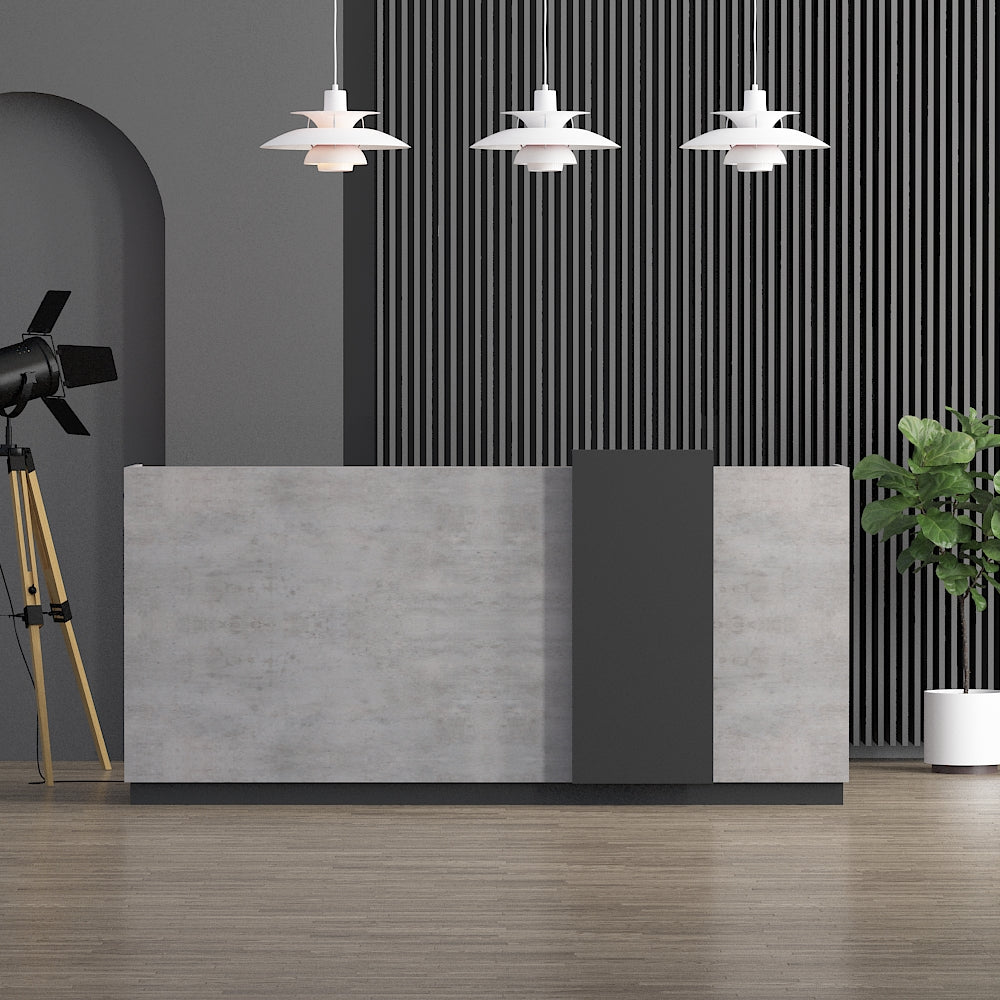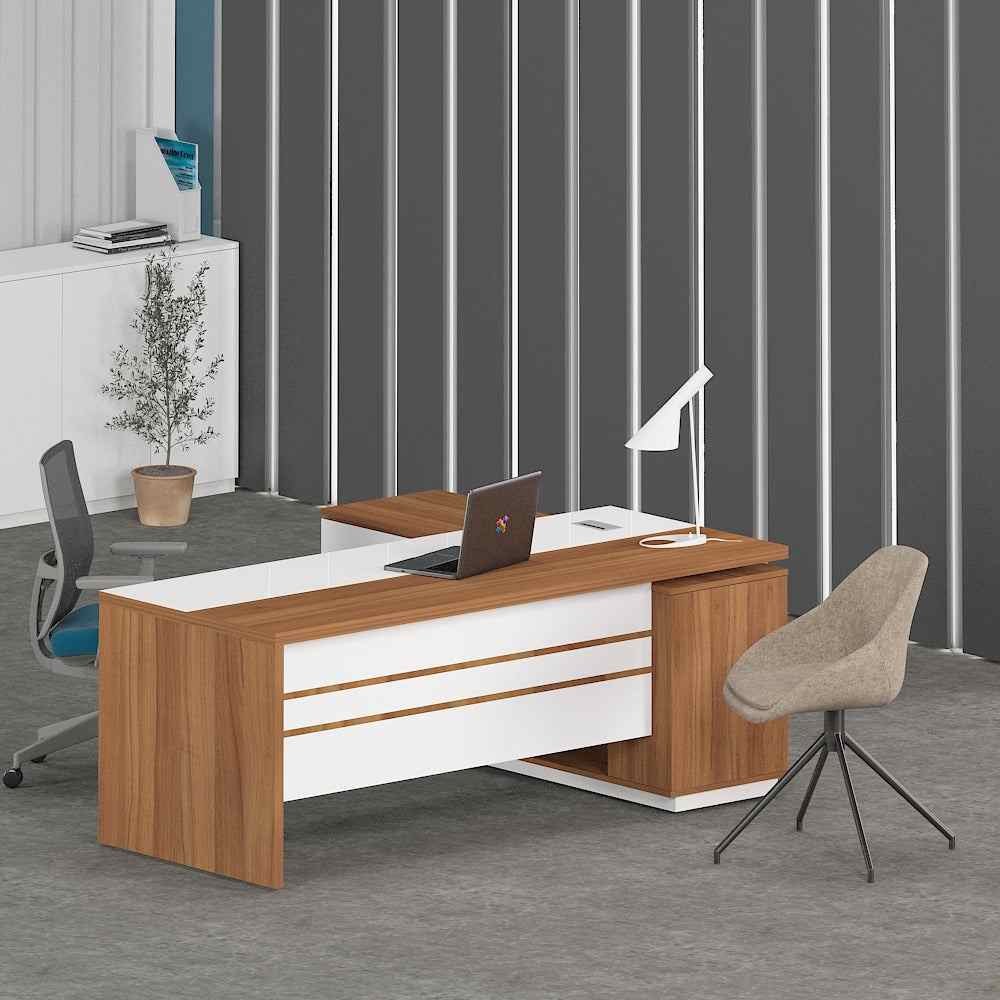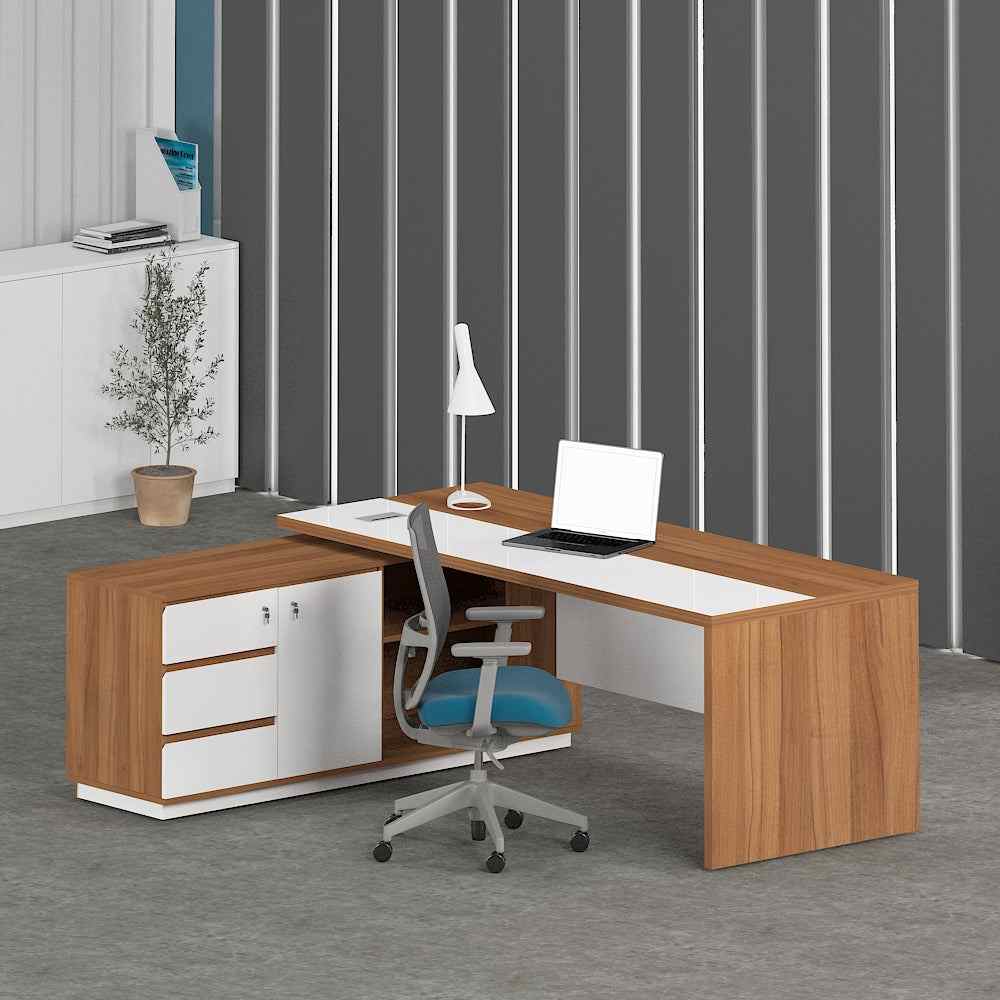Must Have Rooms Space in Your Office to Increase Efficiency
Efficient utilization of office space is not just a trend; it's a necessity in today's fast-paced business environment. With the rising costs of real estate and the need to accommodate diverse work styles, optimizing your office layout is crucial for enhancing productivity and employee satisfaction. In this article, we'll delve into the must-have rooms and spaces every office should incorporate to maximize efficiency and workflow.
1. Introduction
In today's competitive business landscape, where every minute counts, the design of your office space can significantly impact productivity and overall success. But what exactly constitutes an efficient office layout, and how can you ensure that your workspace is optimized for peak performance? Let's explore.
1.1 Importance of Office Space Efficiency
Efficient office space management goes beyond aesthetics; it directly influences employee morale, collaboration, and creativity. By creating an environment that supports workflow and minimizes distractions, businesses can unlock their team's full potential and drive innovation.
2. Analyzing Office Space Needs
Before diving into redesigning your office space, it's essential to conduct a thorough analysis of your current setup and identify areas for improvement.
2.1 Assessing Current Workspace
Take stock of your existing layout, noting any bottlenecks, wasted space, or ergonomic issues. Solicit feedback from employees to understand their pain points and preferences regarding the workspace.
2.2 Identifying Functional Requirements
Consider the specific needs of your team and the nature of your work. Do you require collaborative spaces for brainstorming sessions? Quiet rooms for focused work? By tailoring your office design to accommodate these needs, you can enhance productivity and job satisfaction.
3. Designing Efficient Workspaces
Once you have a clear understanding of your office space requirements, it's time to revamp your layout with efficiency in mind.
3.1 Layout Optimization Techniques
Explore different layout configurations, such as open-plan designs, activity-based workstations, or hybrid models. Each approach has its benefits, so choose one that aligns with your company culture and objectives.
3.2 Productivity-Enhancing Elements
Incorporate elements that stimulate productivity and creativity, such as ample natural light, ergonomic furniture, and greenery. These small touches can have a significant impact on employee well-being and performance.
4. Maximizing Space Utility
Effective office space management is all about making the most of every square foot available to you.
4.1 Effective Room Setup
Ensure that each room serves a clear purpose and is outfitted with the necessary equipment and amenities. Avoid clutter and streamline workflows to promote efficiency.
4.2 Utilization of Multipurpose Areas
Designate flexible spaces that can adapt to different functions throughout the day, such as conference rooms that double as collaboration hubs or breakout areas for impromptu meetings.
5. Strategies for Efficiency
Beyond physical design elements, there are several strategies you can implement to further enhance office efficiency.
5.1 Office Space Management Tips
Implement policies for desk cleanliness, file organization, and digital clutter reduction to create a more organized and productive work environment.
5.2 Workflow Optimization
Streamline workflows by identifying and eliminating redundant processes, leveraging technology for automation, and fostering a culture of continuous improvement.
6. Implementing Workspace Design
Armed with insights and strategies, it's time to put your office redesign plans into action.
6.1 Incorporating Flexibility
Design your workspace with flexibility in mind, allowing for easy reconfiguration as your needs evolve over time. Modular furniture and demountable partitions are excellent options for adaptability.
6.2 Ergonomic Considerations
Prioritize employee comfort and health by investing in ergonomic furniture, adjustable workstations, and proper lighting. A comfortable employee is a productive employee.
7. Conclusion
In conclusion, optimizing your office space for efficiency is a multifaceted endeavor that requires careful planning and consideration. By analyzing your needs, designing with purpose, and implementing strategies for success, you can create a workspace that fosters productivity, collaboration, and innovation.
8. FAQs
1. How can I determine if my office layout is efficient?
Conduct a thorough assessment of your current workspace, considering factors such as workflow, employee feedback, and utilization of space.
2. What are some cost-effective ways to improve office efficiency?
Simple changes like decluttering, rearranging furniture, and implementing organizational systems can yield significant improvements without breaking the bank.
3. How important is natural light in an office environment?
Natural light not only enhances mood and energy levels but also reduces reliance on artificial lighting, leading to energy savings and increased productivity.
4. What role does technology play in office space optimization?
Technology can streamline processes, improve communication, and facilitate remote collaboration, all of which contribute to a more efficient workspace.
5. How often should I reassess my office layout for optimization?
Regularly review your office layout to ensure it continues to meet the evolving needs of your team and business objectives.












































